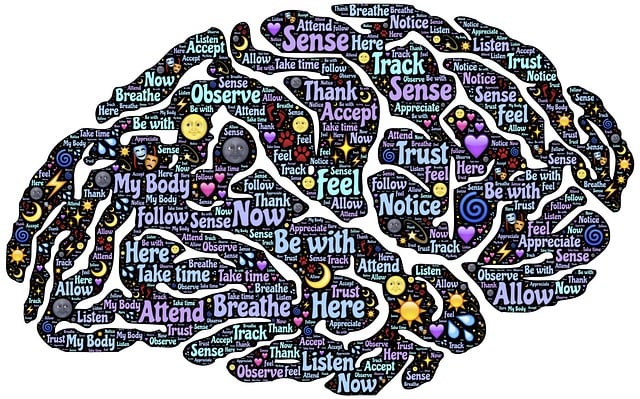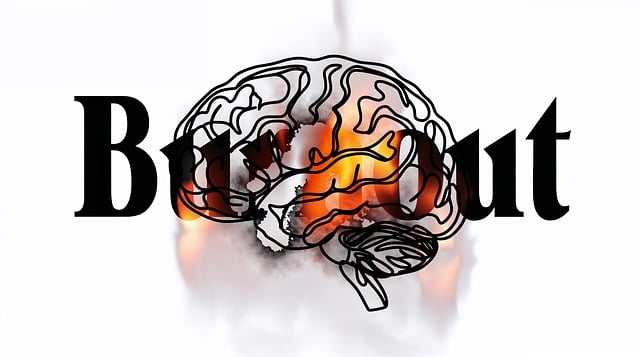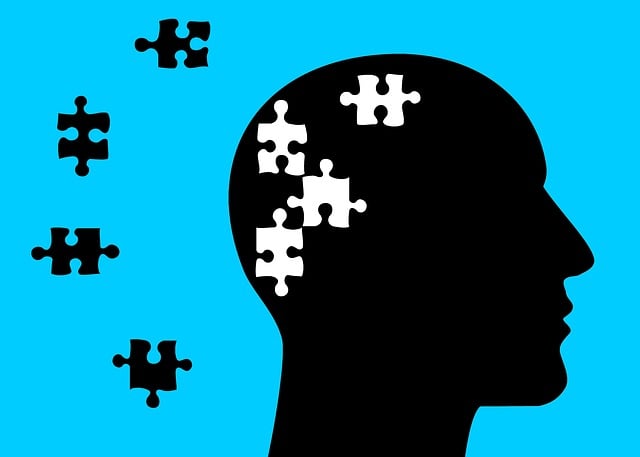Northglenn Eating Disorders Therapy offers a comprehensive program for managing psychological, social, and physical risks associated with eating disorders. Through evidence-based therapies, mental wellness focus, and personalized coping strategies, they empower clients to develop healthy relationships with food and bodies. The program includes regular monitoring, positive thinking practices, and a safe environment free from stigma, fostering long-term recovery and improved quality of life for individuals struggling with feeding disorders.
- Understanding Risk Assessment: Identifying Potential Hazards in Eating Disorders
- Harm Minimization Strategies: Practical Approaches for Safe Recovery
- The Role of Northglenn Eating Disorders Therapy in Effective Risk Management
Understanding Risk Assessment: Identifying Potential Hazards in Eating Disorders

Understanding Risk Assessment is a crucial step in effectively managing and treating eating disorders, such as those commonly seen in Northglenn Eating Disorders Therapy. The process involves meticulously identifying and evaluating potential hazards and risks associated with the illness. Eating disorders often present complex psychological, social, and physical challenges, requiring a comprehensive approach to assess these risks accurately. Mental Illness Stigma Reduction Efforts play a vital role in this assessment by fostering an environment where individuals feel comfortable disclosing their struggles without fear of judgment.
One key aspect is recognizing that eating disorders can lead to severe physical health complications, including nutritional deficiencies, organ failure, and even death. Risk Management Planning for Mental Health Professionals involves creating strategies to mitigate these dangers. This includes regular monitoring of patients’ vital signs, body mass index (BMI), and overall mental state. By integrating Positive Thinking practices into therapy, professionals can empower individuals to challenge negative thoughts and behaviors associated with eating disorders, promoting healthier coping mechanisms.
Harm Minimization Strategies: Practical Approaches for Safe Recovery

The Role of Northglenn Eating Disorders Therapy in Effective Risk Management

Northglenn Eating Disorders Therapy plays a pivotal role in effective risk management and harm minimization planning. With a focus on mental wellness and utilizing evidence-based practices, therapists at Northglenn help individuals develop coping strategies tailored to their unique challenges. By integrating Mind Over Matter principles into therapy sessions, they empower clients to build resilience against eating disorders, promoting long-term recovery and improved quality of life.
Additionally, Northglenn Eating Disorders Therapy offers a Mental Wellness Podcast Series Production as an extension of its services. This initiative not only educates the public about various mental health topics but also fosters a supportive community. By sharing stories and expert insights, the podcast series contributes to burnout prevention, encouraging open conversations around eating disorders and mental wellness.
In conclusion, understanding risk assessment and implementing harm minimization planning are vital components of treating eating disorders. By identifying potential hazards through comprehensive assessments, therapists like those at Northglenn Eating Disorders Therapy can develop tailored strategies to promote safe recovery. These practical approaches not only enhance the effectiveness of treatment but also foster a supportive environment for individuals navigating their journey towards recovery.














